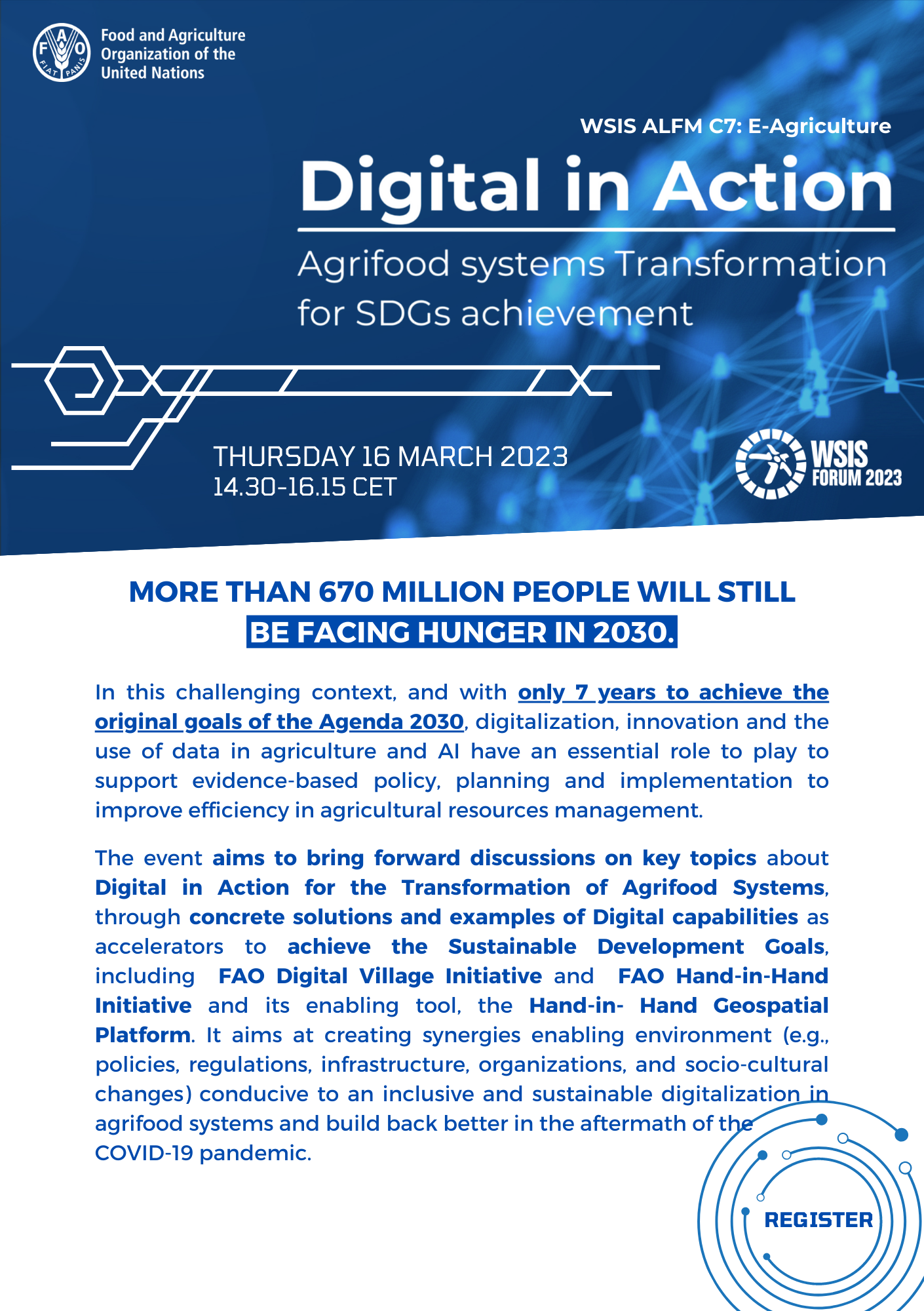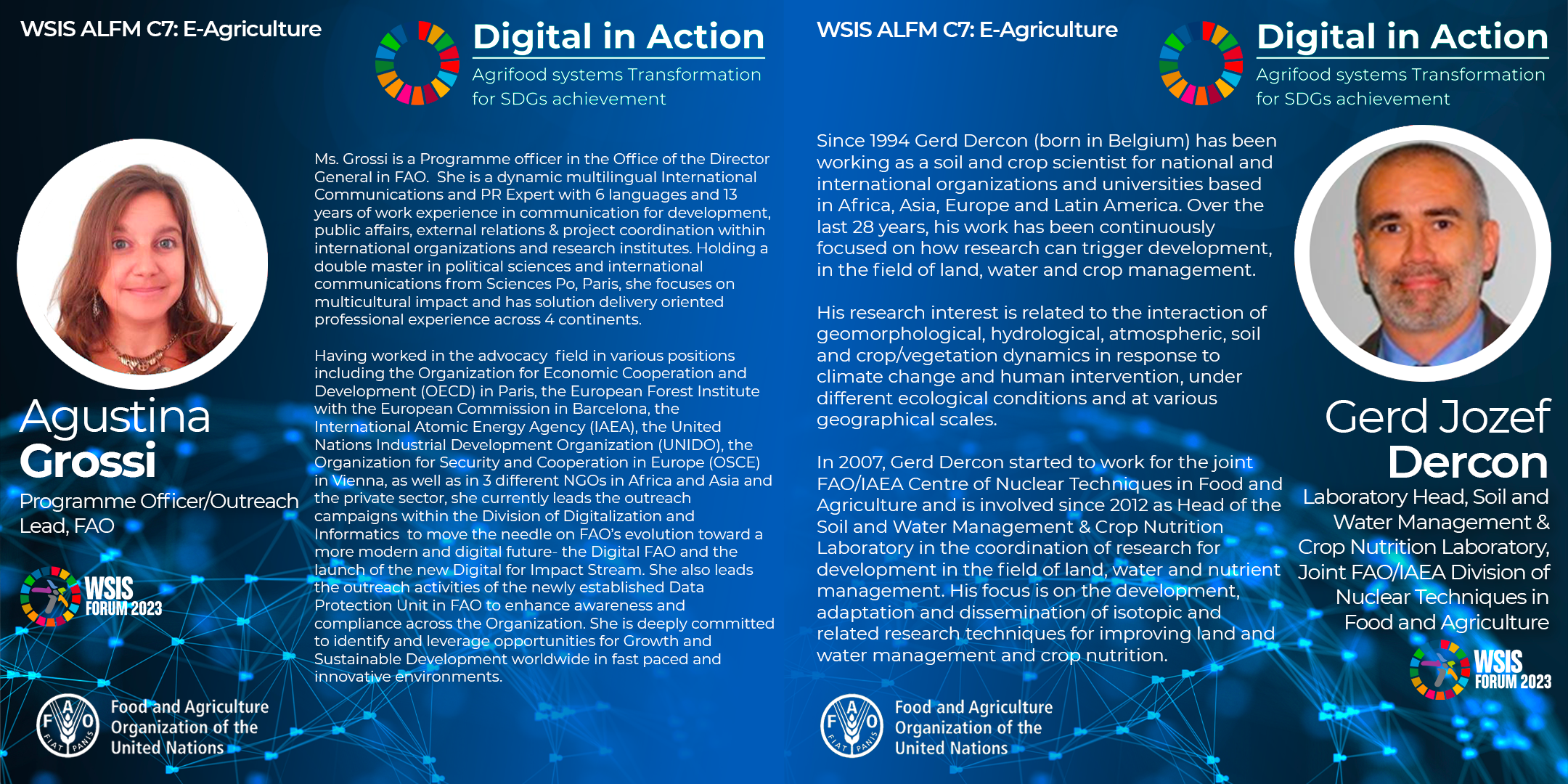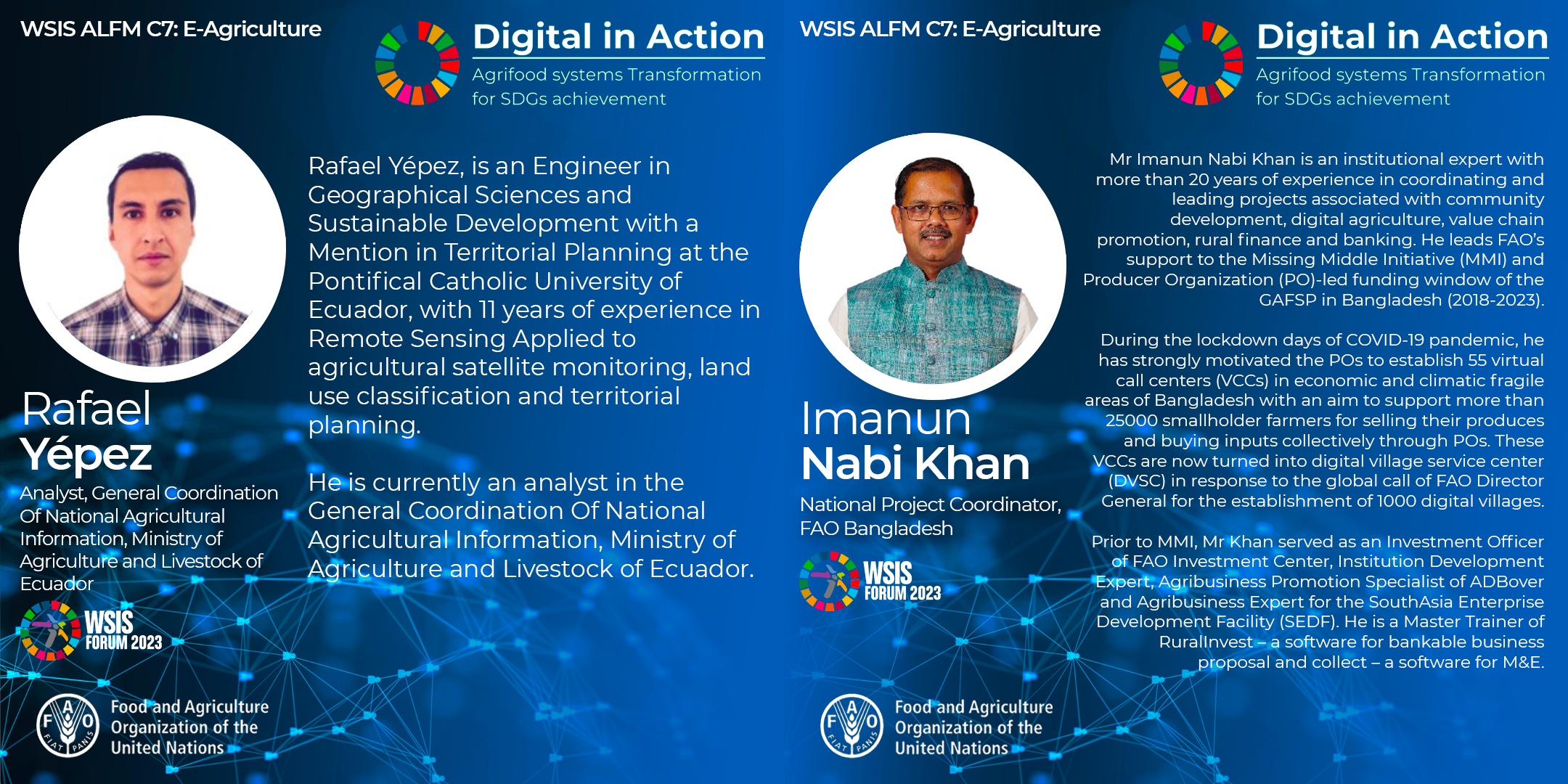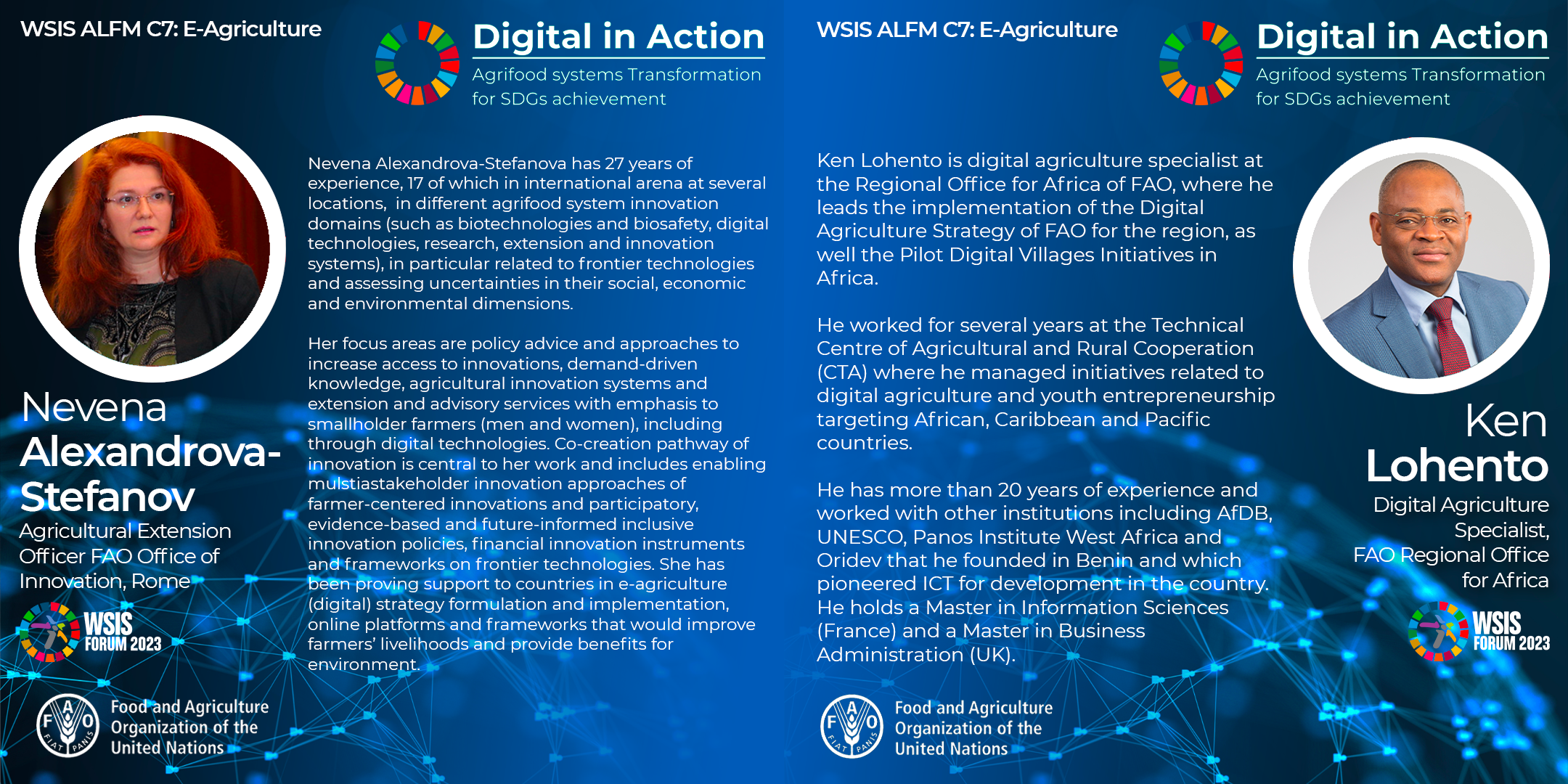WSIS Action Line C7: E-Agriculture
Food and Agriculture Organization of the United Nations
Session 378
DIGITAL IN ACTION - Agrifood Systems Transformation for SDGs Achievement
A wide range of approaches, technologies and practices exist to tackle agrifood systems challenges. Science, technology and innovation underpin them all and are an essential part of assessing risks, identifying trade-offs and finding new solutions to the complex problems that our world is currently facing with the updated negative projections indicating that more than 670 million people will still be facing hunger in 2030.
In this challenging context, and with only 7 years to achieve the original goals of the Agenda 2030, digitalization and use of data in agriculture and AI have an essential role to play to support evidence-based policy, planning and implementation to improve efficiency in agricultural resources management.
Digital technologies’ influence is felt in many areas including the improved access to information and markets for farmers, new innovative financial services, traceability of food, digitized e-Voucher and cash-based transfer schemes, and the exploitation of geospatial and big data technologies to gain an ever more detailed and accurate understanding of the world around us. The imperative to build back better by leveraging digital innovations in the agrifood systems calls thus for new actions and concrete results.
As the landscape of science, technology and innovation is changing rapidly with amplification of digital tools, big data, and artificial intelligence, public-private partnerships are also on the rise. The importance of the participation of a wide range of actors in agricultural innovation systems is increasingly recognized to co-create knowledge and strengthen capacities. To better progress along this path and bring the benefits of digital innovation closer to the people, further promotion and enhanced collaboration is needed throughout the UN system and with all relevant stakeholders including the private sector.
The FAO Strategic Framework 2022-31 recognizes that digitalization across agrifood systems is key to achieve the SDGs. Digitalization, as a cross cutting Accelerator for Development, is a priority for FAO and full advantage of the transformative capabilities and opportunities brought by digital technologies must be taken to deliver on this vision to achieve the SDGs and FAO international commitments at the broadest level, embedding Digital as a component to common efforts and policies for agrifood systems, as it is the enabling tool that can bridge us all towards development, leaving no one behind.
Taking advantage of the unique potential of WSIS as a global multi-stakeholder platform facilitating the implementation of the WSIS Action Lines for advancing sustainable development, the event aims to bring forward discussions on key topics about Digital in Action for the Transformation of Agrifood Systems, through concrete solutions and examples of Digital capabilities as accelerators to achieve the Sustainable Development Goals, including FAO Digital Village Initiative , the Hand-in-Hand Initiative and its enabling tool, the Geospatial Platform. It aims at creating synergies enabling environment (e.g. policies, regulations, infrastructure, organizations, and socio-cultural changes) conducive to an inclusive and sustainable digitalization in agrifood systems and build back better in the wake of the COVID-19 pandemic.
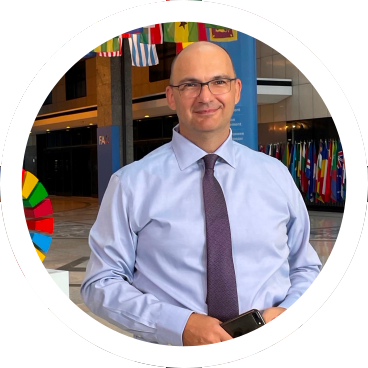
Mr Jakovljevic is the Director of Digitalization and Informatics Division of the Food and Agriculture Organization of the United Nations (FAO), with more than 20 years of IT experience and use of technology in International Development. He is a strategic leader in the field, aiming to harness the power of technology towards achieving SDG goals. His work focuses on driving Digital Transformation, organizational modernization and enabling Innovation scale up and delivery.
Prior to joining FAO, Mr Jakovljevic held positions with OSCE, UNICEF and WHO, with leadership roles in East Asia and Pacific, European Region, and driving Global initiatives in the other parts of the world. Mr. Jakovljevic has master's and bachelor's degrees from the University of Houston, Texas.
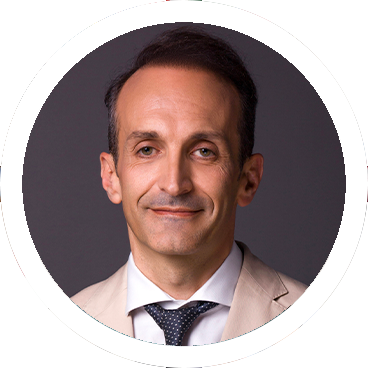.png?maxwidth=500)
Dr. Martin is the Director of the Office of Innovation at FAO.
With a wealth of expertise in Diplomacy, Global Health, Food and Nutrition Security, Epidemiology and Spatial Analysis, he has more than 20 years of field experience developing strategies and policies, exploring, and experimenting to source solutions to fight against hunger while championing the gender agenda. He has remained dedicated to finding innovative solutions to key development, political, peace and security issues.
Dr. Martin joined FAO HQ in Rome, Italy, in the Animal Production and Health Division in 1998. Since then, he has held various positions at FAO and the UN, including Animal Health Officer of Infectious Disease Analysis and Early Warning, Senior Technical Advisor at the FAO Representation in China, Beijing, Head of Animal Health Early Warning System (EMPRES), FAO Representative in Senegal and Head of the Regional Resilience Team for West Africa and the Sahel in Dakar, Senegal.
From 2016 to 2020, he was FAO Representative in China and in the Democratic Republic of Korea in Beijing, China.
Since May 2020, he has served as the United Nations Resident Coordinator (UNRC) in Guinea, overseeing some 24 UN agencies, funds and programmes to support the national efforts to meet the targets of the Sustainable Development Goals (SDGs).
Dr. Martin holds a University Diploma focused on Statistics and Epidemiology from Université Pierre et Marie Curie-Paris VI, a Doctorate in Veterinary Medicine, an MSc and a PhD in Agronomic Sciences and biology engineering.
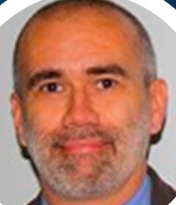
Since 1994 Gerd Dercon (born in Belgium) has been working as a soil and crop scientist for national and international organizations and universities based in Africa, Asia, Europe and Latin America. Over the last 28 years, his work has been continuously focused on how research can trigger development, in the field of land, water and crop management. His research interest is related to the interaction of geomorphological, hydrological, atmospheric, soil and crop/vegetation dynamics in response to climate change and human intervention, under different ecological conditions and at various geographical scales.
In 2007, Gerd Dercon started to work for the joint FAO/IAEA Centre of Nuclear Techniques in Food and Agriculture and is involved since 2012 as Head of the Soil and Water Management & Crop Nutrition Laboratory in the coordination of research for development in the field of land, water and nutrient management (e.g. carbon sequestration, soil conservation, climate change impact analysis, climate change adaptation, nutrient-water interactions, fate of radionuclides, anti-microbial agents and microplastics in the environment, nuclear emergency response). His focus is on the development, adaptation and dissemination of isotopic and related research techniques for improving land and water management and crop nutrition.
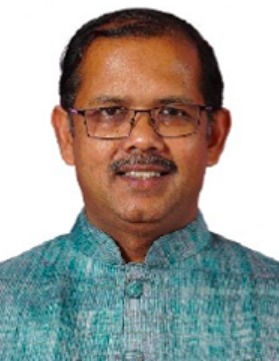
Mr Imanun Nabi Khan is an institutional expert with more than 20 years of experience in coordinating and leading projects associated with community development, digital agriculture, value chain promotion, rural finance and banking. He leads FAO’s support to the Missing Middle Initiative (MMI) and Producer Organization (PO)-led funding window of the GAFSP in Bangladesh (2018-2023). Prior to MMI, Mr Khan served as an Investment Officer of FAO Investment Center over 2017-2018, Institution Development Expert over 2012 to 2016, Agribusiness Promotion Specialist of ADB over 2008-2012 and Agribusiness Expert for the SouthAsia Enterprise Development Facility (SEDF) over 2003 – 2008. He is a Master Trainer of RuralInvest – a software for bankable business proposal and .collect – a software for M&E. Besides, Mr Khan has a long list of publications and consultancy assignments executed by him for international organizations. He has graduated in Agricultural Engineering from the Bangladesh Agricultural University and obtained Masters, Ph.D and an MBA.
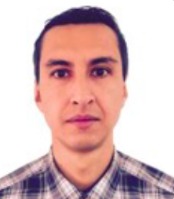
Rafael Yépez, is an Engineer in Geographical Sciences and Sustainable Development with a Mention in Territorial Planning at the Pontifical Catholic University of Ecuador, with 11 years of experience in Remote Sensing Applied to agricultural satellite monitoring, land use classification and territorial planning. He is currently an analyst in the General Coordination Of National Agricultural Information, Ministry of Agriculture and Livestock of Ecuador.
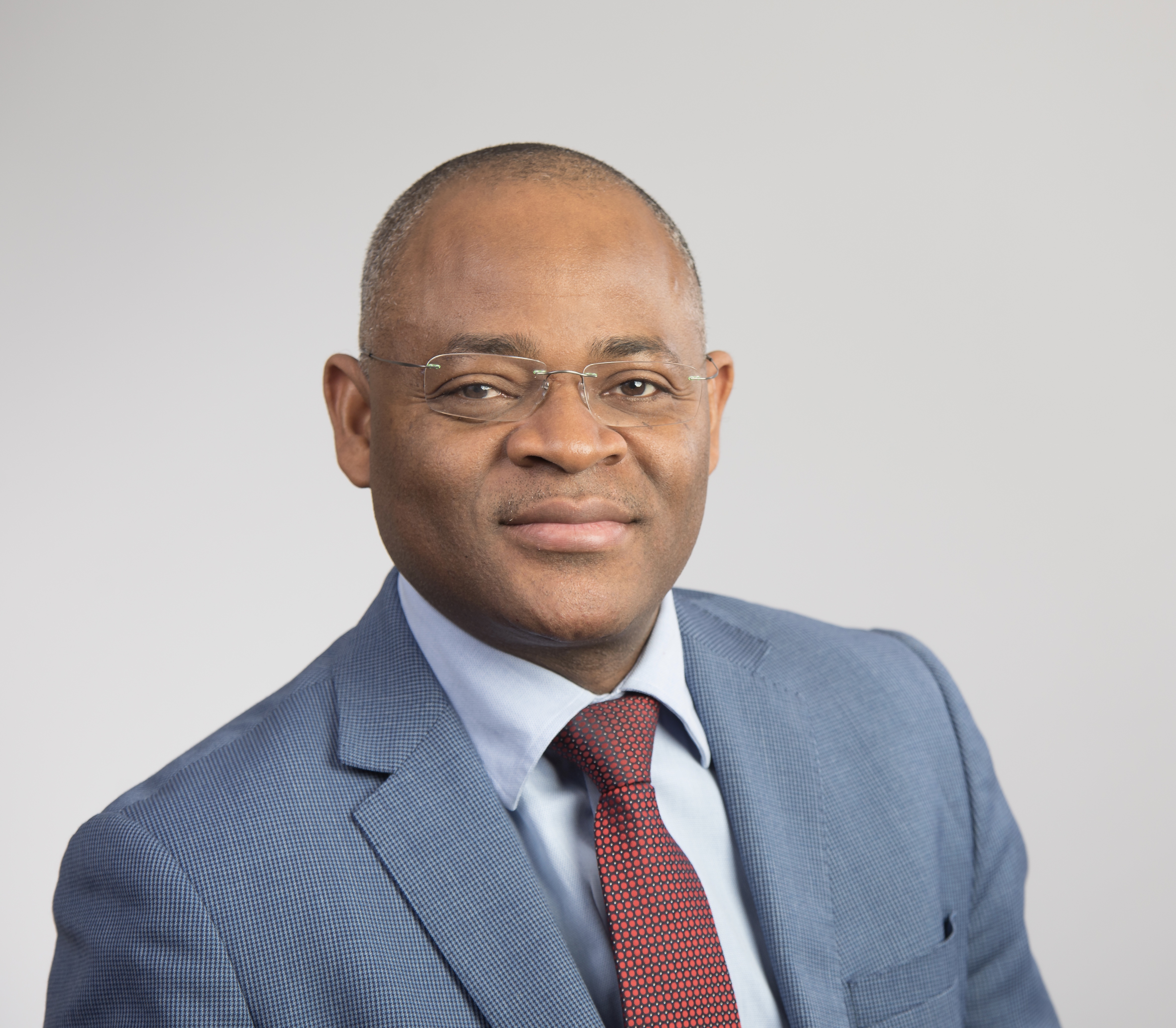
Ken Lohento is digital agriculture specialist at the Regional Office for Africa of FAO, where he leads the implementation of the Digital Agriculture Strategy of FAO for the region, as well the Pilot Digital Villages Initiatives in Africa. He worked for several years at the Technical Centre of Agricultural and Rural Cooperation (CTA) where he managed initiatives related to digital agriculture and youth entrepreneurship targeting African, Caribbean and Pacific countries. He has 20+ years of experience and worked with other institutions including AfDB, UNESCO, Panos Institute West Africa and Oridev that he founded in Benin and which pioneered ICT for development in the country. He holds a Master in Information Sciences (France) and a Master in Business Administration (UK).
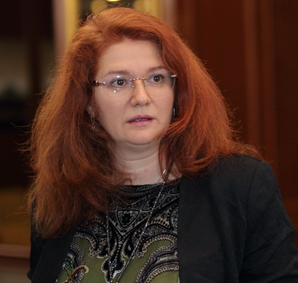
Nevena Alexandrova-Stefanova has 27 years of experience, 17 of which in international arena at several locations, in different agrifood system innovation domains (such as biotechnologies and biosafety, digital technologies, research, extension and innovation systems), in particular related to frontier technologies and assessing uncertainties in their social, economic and environmental dimensions.
Her focus areas are policy advice and approaches to increase access to innovations, demand-driven knowledge, agricultural innovation systems and extension and advisory services with emphasis to smallholder farmers (men and women), including through digital technologies. Co-creation pathway of innovation is central to her work and includes enabling multistakeholder innovation approaches of farmer-centered innovations and participatory, evidence-based and future-informed inclusive innovation policies, financial innovation instruments and frameworks on frontier technologies. She has been proving support to countries in e-agriculture (digital) strategy formulation and implementation, online platforms and frameworks that would improve farmers’ livelihoods and provide benefits for environment.

Agustina Grossi is a Programme officer in the Office of the Director General in FAO. She is a dynamic multilingual International Communications and PR Expert with 6 languages and 13 years of work experience in communication for development, public affairs, external relations & project coordination within international organizations and research institutes. Holding a double master in political sciences and international communications from Sciences Po, Paris, she focuses on multicultural impact and has solution delivery oriented professional experience across 4 continents.
Having worked in the advocacy field in various positions including the Organization for Economic Cooperation and Development (OECD) in Paris, the European Forest Institute with the European Commission in Barcelona, the International Atomic Energy Agency (IAEA), the United Nations Industrial Development Organization (UNIDO), the Organization for Security and Cooperation in Europe (OSCE) in Vienna, as well as in 3 different NGOs in Africa and Asia and some experiences in the private sector, she currently leads the outreach campaigns within the Division of Digitalization and Informatics to move the needle on FAO’s evolution toward a more modern and digital future- the Digital FAO and the launch of the new Digital for Impact Stream. She also leads the outreach activities of the newly established Data Protection Unit in FAO to enhance awareness and compliance across the Organization. She is deeply committed to identify and leverage opportunities for Growth and Sustainable Development worldwide in fast paced and innovative environments.
-
 C7. ICT applications: benefits in all aspects of life — E-agriculture
C7. ICT applications: benefits in all aspects of life — E-agriculture
FAO facilitates the WSIS Action Line C7 e-Agriculture session yearly. In line with the WSIS Forum 2023 theme, “WSIS Action Lines for building back better and accelerating the achievement of the SDGs", this session would deliberate on the Agrifood Systems Transformation for SDGs Achievement. This session would allow for the opportunity for information exchange, knowledge creation and sharing of best practices, bringing together relevant stakeholders, including government representatives, other institutions and international organizations, academia, the private sector and civil society together to concretely collaborate on scaling-up promising technological innovations. The special session aims at creating synergies enabling an environment (e.g., policies, regulations, infrastructure, organizations, and socio-cultural changes) conducive to an inclusive and sustainable digitalization in agrifood systems and build back better in the aftermath of the COVID-19 pandemic.
-
 Goal 2: End hunger, achieve food security and improved nutrition and promote sustainable agriculture
Goal 2: End hunger, achieve food security and improved nutrition and promote sustainable agriculture
-
 Goal 5: Achieve gender equality and empower all women and girls
Goal 5: Achieve gender equality and empower all women and girls
-
 Goal 11: Make cities inclusive, safe, resilient and sustainable
Goal 11: Make cities inclusive, safe, resilient and sustainable
-
 Goal 16: Promote just, peaceful and inclusive societies
Goal 16: Promote just, peaceful and inclusive societies
Promotion through:
E agriculture newsletter
Hand in Hand geospatial platform website
FAO digital Agriculture webpage
Community of Practice E Agriculture
Intranet FAO (homepage and Yammer)


